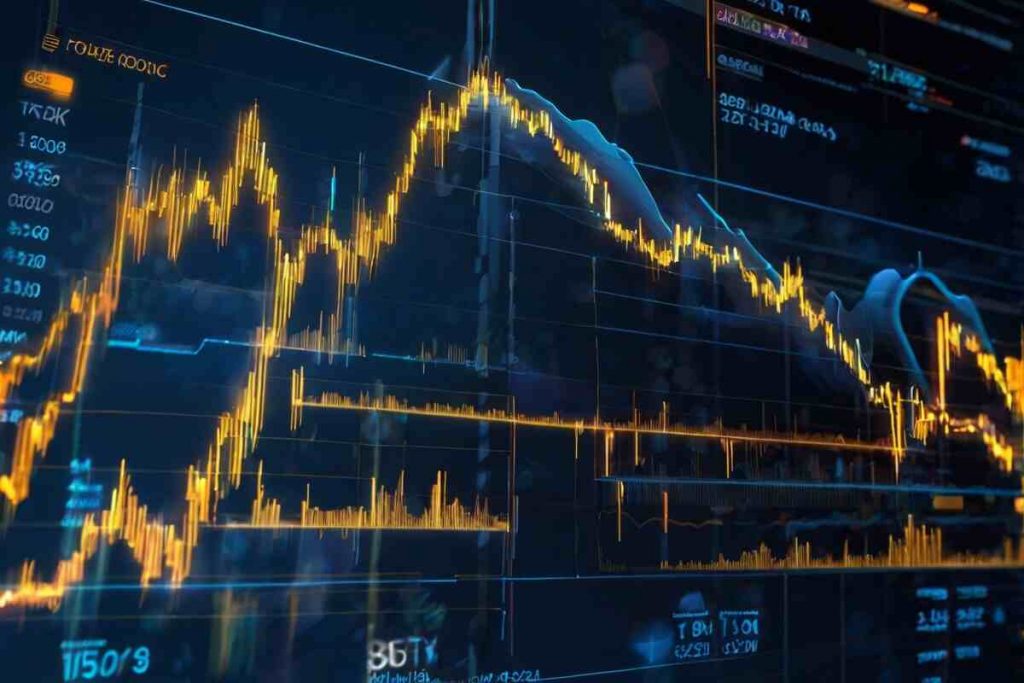
Understanding Crypto Arbitrage Scanners: A Comprehensive Guide
In the rapidly evolving world of cryptocurrency trading, finding profitable opportunities can be both exciting and challenging. One such opportunity is crypto arbitrage, a strategy that leverages price discrepancies across different exchanges. To effectively engage in this strategy, traders often rely on crypto arbitrage scanners. This article explores the concept of crypto arbitrage scanners, their functionality, and their role in maximizing trading profits.
What is Crypto Arbitrage?
Crypto arbitrage involves exploiting price differences for the same cryptocurrency on different exchanges. Due to various factors such as market inefficiencies, liquidity differences, and geographical variations, the price of a cryptocurrency can vary between exchanges. Arbitrage traders seek to capitalize on these discrepancies by buying the asset at a lower price on one exchange and selling it at a higher price on another.
There are several types of crypto arbitrage:
- Spatial Arbitrage: This is the most common form, where traders buy a cryptocurrency on one exchange and sell it on another where the price is higher.
- Triangular Arbitrage: This involves converting one cryptocurrency to another within the same exchange to exploit price differences between trading pairs.
- Statistical Arbitrage: This strategy involves complex algorithms and statistical models to identify and exploit price inefficiencies across multiple exchanges or trading pairs.
The Role of Crypto Arbitrage Scanners

Crypto arbitrage scanners are specialized tools designed to identify and analyze price discrepancies across various exchanges in real-time. These scanners automate the process of finding arbitrage opportunities, saving traders significant time and effort. Here’s how they work:
- Data Collection: Scanners continuously monitor prices on multiple cryptocurrency exchanges. They aggregate data from these exchanges, providing real-time information on price variations and trading volumes.
- Opportunity Identification: The scanner analyzes the collected data to identify arbitrage opportunities. This involves calculating potential profits based on the price differences between exchanges, taking into account transaction fees and other costs.
- Alert System: Once a profitable opportunity is identified, the scanner alerts the trader. This enables quick decision-making and execution to capitalize on the price discrepancy before it disappears.
- Execution Integration: Advanced scanners may integrate with trading platforms, allowing for automated execution of trades. This integration helps in reducing the time lag between identifying an opportunity and executing trades, which is crucial in the fast-paced crypto market.
Key Features of Effective Crypto Arbitrage Scanners
When choosing a crypto arbitrage scanner, several features are essential to ensure effectiveness and reliability:
- Real-Time Data Updates: The scanner should provide real-time or near-real-time updates to capture the latest price discrepancies. Delayed data can lead to missed opportunities or unprofitable trades.
- Exchange Coverage: A comprehensive scanner covers a wide range of exchanges to maximize the chances of finding profitable arbitrage opportunities. The more exchanges the scanner monitors, the greater the potential for discovering discrepancies.
- Customizable Alerts: The ability to set customizable alerts based on specific criteria, such as minimum profit thresholds or particular exchanges, enhances the scanner’s usability and efficiency.
- User-Friendly Interface: An intuitive interface allows traders to easily navigate the scanner, view opportunities, and execute trades. Complex or poorly designed interfaces can hinder the trading process.
- Integration with Trading Platforms: For automated trading, integration with popular trading platforms and APIs is crucial. This feature facilitates seamless execution of arbitrage trades without manual intervention.
- Fee Calculation: An effective scanner accounts for transaction fees, withdrawal fees, and other associated costs when calculating potential profits. This ensures that the identified opportunities are truly profitable after considering all expenses.
Benefits of Using Crypto Arbitrage Scanners

- Increased Efficiency: Manual tracking of price discrepancies across multiple exchanges is time-consuming and prone to errors. Scanners automate this process, increasing efficiency and accuracy.
- Real-Time Opportunities: The fast-paced nature of the crypto market means that price discrepancies can vanish quickly. Scanners provide real-time data and alerts, enabling traders to act swiftly and secure profits.
- Reduced Risk: By automating the identification of arbitrage opportunities, scanners reduce the risk of missing profitable trades or making errors in manual calculations.
- Enhanced Strategy: With advanced features and integrations, scanners allow traders to refine their arbitrage strategies and focus on more sophisticated trading tactics.
Challenges and Considerations
Despite their advantages, crypto arbitrage scanners also come with challenges:
- Exchange Fees and Limits: Transaction fees and withdrawal limits on exchanges can impact the profitability of arbitrage opportunities. Traders must carefully consider these factors when using scanners.
- Market Volatility: Cryptocurrency markets are highly volatile, and prices can change rapidly. Scanners may struggle to keep up with extreme market fluctuations, potentially affecting the accuracy of identified opportunities.
- Regulatory Compliance: Different countries have varying regulations regarding cryptocurrency trading. Traders must ensure that their arbitrage activities comply with relevant legal requirements.
- Security Risks: Using third-party scanners and trading platforms introduces potential security risks. Traders should choose reputable and secure tools to protect their assets and personal information.
Crypto arbitrage scanners are valuable tools for traders seeking to capitalize on price discrepancies across cryptocurrency exchanges. By automating the process of identifying and analyzing arbitrage opportunities, these scanners enhance trading efficiency and profitability. However, traders must be mindful of challenges such as exchange fees, market volatility, and regulatory compliance. With careful consideration and the right tools, crypto arbitrage can be a profitable strategy in the dynamic world of cryptocurrency trading.
As the cryptocurrency market continues to evolve, so too will the technology behind arbitrage scanners. Staying informed about the latest developments and advancements in these tools can help traders stay ahead of the curve and maximize their trading potential.